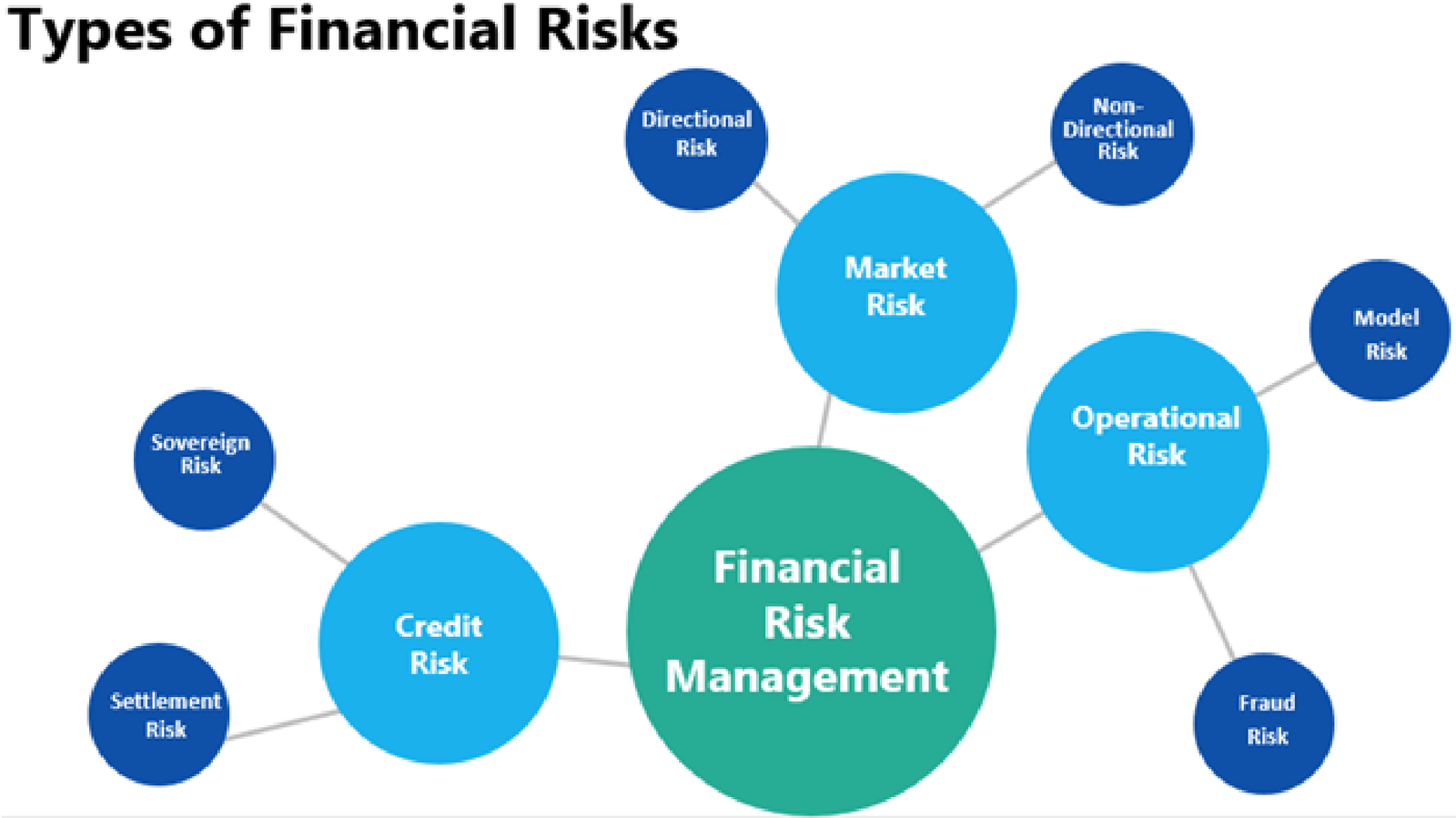Risk Management: Protecting Your Finances
Introduction:
In today’s unpredictable world, managing risk is essential to safeguard your financial well-being. Whether it’s protecting your investments, insuring against unexpected events, or securing your assets, having a comprehensive risk management strategy is crucial. In this panel discussion, we will explore the key aspects of risk management and provide practical advice on how to protect yourself and your finances.
Panelists:
1. James Anderson – Certified Financial Planner (CFP)
2. Sarah Roberts – Insurance Specialist
3. Robert Thompson – Wealth Manager
Understanding Risk:
James: Risk refers to the uncertainty that an event could occur and have negative consequences for our finances. It can be categorized into various types such as market risk (volatility in investment values), credit risk (default by borrowers), inflation risk (eroding purchasing power), and personal risks like loss of income due to disability or death.
Sarah: Absolutely! Identifying and assessing risks is the first step in effective risk management. Conducting a thorough analysis of one’s financial situation helps determine which risks are relevant and require attention.
Mitigating Risks:
Robert: Once you’ve identified the risks you face, it’s important to develop strategies to mitigate them. Diversification is a common technique used in investing where you spread your investments across different asset classes to reduce exposure to any single investment.
James: That’s right! Another vital aspect of mitigating risks is insurance coverage. Health insurance protects against medical expenses, while life insurance provides financial security for loved ones in case of premature death. Homeowners’ insurance safeguards against property damage or theft, while auto insurance covers accidents involving vehicles.
Sarah: I would add that having an emergency fund plays a significant role in mitigating short-term financial risks such as job loss or unexpected expenses. It acts as a safety net during challenging times when regular income might be disrupted.
Regular Review:
Robert: Risk management is an ongoing process that requires regular review. As your financial situation changes, it’s important to reassess the risks you face and adjust your strategy accordingly.
Sarah: Absolutely! Reviewing insurance policies periodically ensures they adequately cover your evolving needs. For example, if you’ve recently purchased expensive electronics or jewelry, you may need to increase coverage limits on homeowners’ insurance.
James: Additionally, staying informed about market trends and economic conditions helps in managing investment-related risks effectively. Regularly reviewing and rebalancing your investment portfolio can ensure it aligns with your risk tolerance and long-term goals.
Conclusion:
In conclusion, risk management is a critical component of personal finance that protects against unforeseen events and provides stability for the future. By understanding the various types of risks we face, implementing strategies to mitigate them, and regularly reviewing our financial plans, we can safeguard ourselves against potential pitfalls. Remember to consult with professionals like certified financial planners or insurance specialists who can provide personalized guidance based on your specific circumstances.

